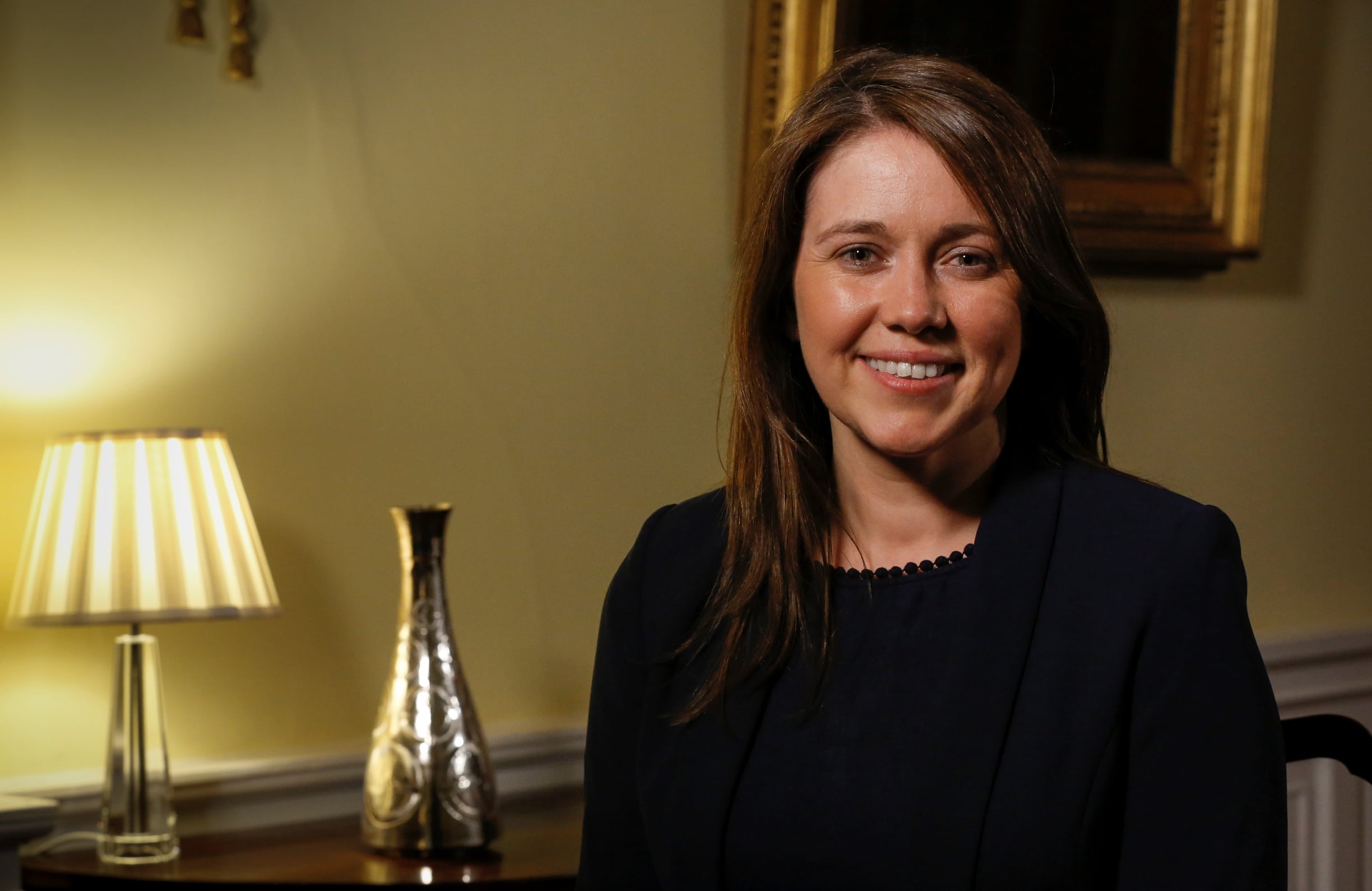Scottish Government announces £350m measures to protect vulnerable
The Scottish Government has announced that an additional £350 million will go to those most affected by the coronavirus pandemic.

Aileen Campbell MSP
Communities secretary Aileen Campbell has announced that funding will be made available to councils, charities, businesses and community groups and designed to be flexible, cutting down on red tape to enable them to respond swiftly and according to local need for people impacted economically or through reduced contact with society, including anyone struggling to access food.
Ms Campbell said allowing a high level of flexibility was the best way to ensure they were most effective. She said: “This pandemic will disrupt lives like never before and cause financial hardship and negatively impact on our wellbeing. Be assured, however, that protecting and supporting people during these unparalleled times is the absolute focus of this government.
“Our funding package will be focused on delivery, not bureaucracy or red tape. Local authorities, local businesses, community groups and the third sector know and understand the support needs of their communities the best. Where people and organisations have solutions or ideas, I want to hear them.”
“Unless we work with local partners the impact of our investment will not be felt by those that need it most. So my message today is – if we can help you to help the people of Scotland then we will.”
The emergency funding package will be allocated to existing funding streams through several new funds, with the £95m package direct to local authorities made up of:
- £50m in Barnett consequentials from the UK Government’s hardship fund is being passed direct to local authorities to support their own local resilience, support and hardship plans.
- £45m will be added to the existing Scottish Welfare Fund which makes Community Grants and Crisis Grants available to those in immediate need. This more than doubles the current £35.5m fund, which is administered by local authorities. They will be given more flexibility in how it is used to ensure they can fully support people in financial crisis, including workers in the ‘gig economy’.
In addition:
- a £70m Food Fund will help organisations in the public, private and voluntary sectors address issues of food insecurity, especially for older people, and families who may not be able to rely on free school meals
- a £50m Wellbeing Fund will help charities and others who require additional capacity to work with at-risk people who may be worst affected by the crisis, including homeless people and those experiencing fuel poverty
- a £40m Supporting Communities Fund will be used to support the rapidly growing and inspiring community efforts at a local level which will be vital to national resilience, including supporting people at risk because of age, isolation, carers, homeless people and asylum seekers and signposting people to sources of help such as applying for benefits
- £50m will go to meet an anticipated increase in applications for the existing Council Tax Reduction Scheme and Scottish social security benefits
- £20m will be allocated to a Third Sector Resilience Fund, to help ensure the health and continued viability of the third sector organisations affected by cash flow and other problems, which have a key role to play in our national response
- £25m will be kept in reserve to allow swift and flexible responses to rapidly changing circumstances
Responding to measures, Derek Mitchell, Citizens Advice Scotland chief executive, said: “These are welcome measures from the Scottish Government which could provide a lifeline for people facing a crisis of income during the Coronavirus outbreak.
“CAS joined with a number of other anti-poverty organisations to call for a significant increase to the Scottish Welfare Fund and our CABs will continue to ensure people are sign posted towards the scheme.
“A third of people say they would struggle with an unexpected £500 expense so we believe there will be a large demand on this fund so it was vital it is properly resourced.
“Council Tax debt is also the biggest debt issue our network deals with, so further support for the Council Tax Reduction scheme is very welcome. The average debt our clients owe in Council Tax arrears is over £3,000 – almost three times the average bill.
“People can check if they are eligible for a discount, reduction or exemption at www.checkmycounciltax.scot.
“It’s also the right move to increase the period of rent arrears. We see increasingly problems with evictions because of debt and there is a real risk this could be exacerbated in the coming weeks and months. Our network helps hundreds of thousands of people every year and we’re here to help people in communities in Scotland through this crisis.”
Matt Downie, director of policy and external affairs at Crisis, added: “We strongly welcome news that the Scottish Government is working with hotels and other tourist accommodation to create immediate support for those sleeping rough during this uncertain time. It is crucial that we see this happen right across Scotland.
“However, we can go further to help the most vulnerable in our society. We call on the Scottish Government to do more for people who are currently renting – it is essential that they are assured that, if needed, they will be supported to keep a roof over their head during this difficult time. It is also vital that we see the immediate suspension of all evictions for social and private tenants.
“We must all work together to ensure people experiencing homelessness get the support they need during this outbreak. We are keen to work with the Scottish Government and others to deliver a coordinated plan which will ensure people experiencing homelessness have immediate access to appropriate housing, and ultimately make sure everything is done to ensure that rates of homelessness do not soar because of the outbreak.”
- Read all of our articles relating to COVID-19 here.







